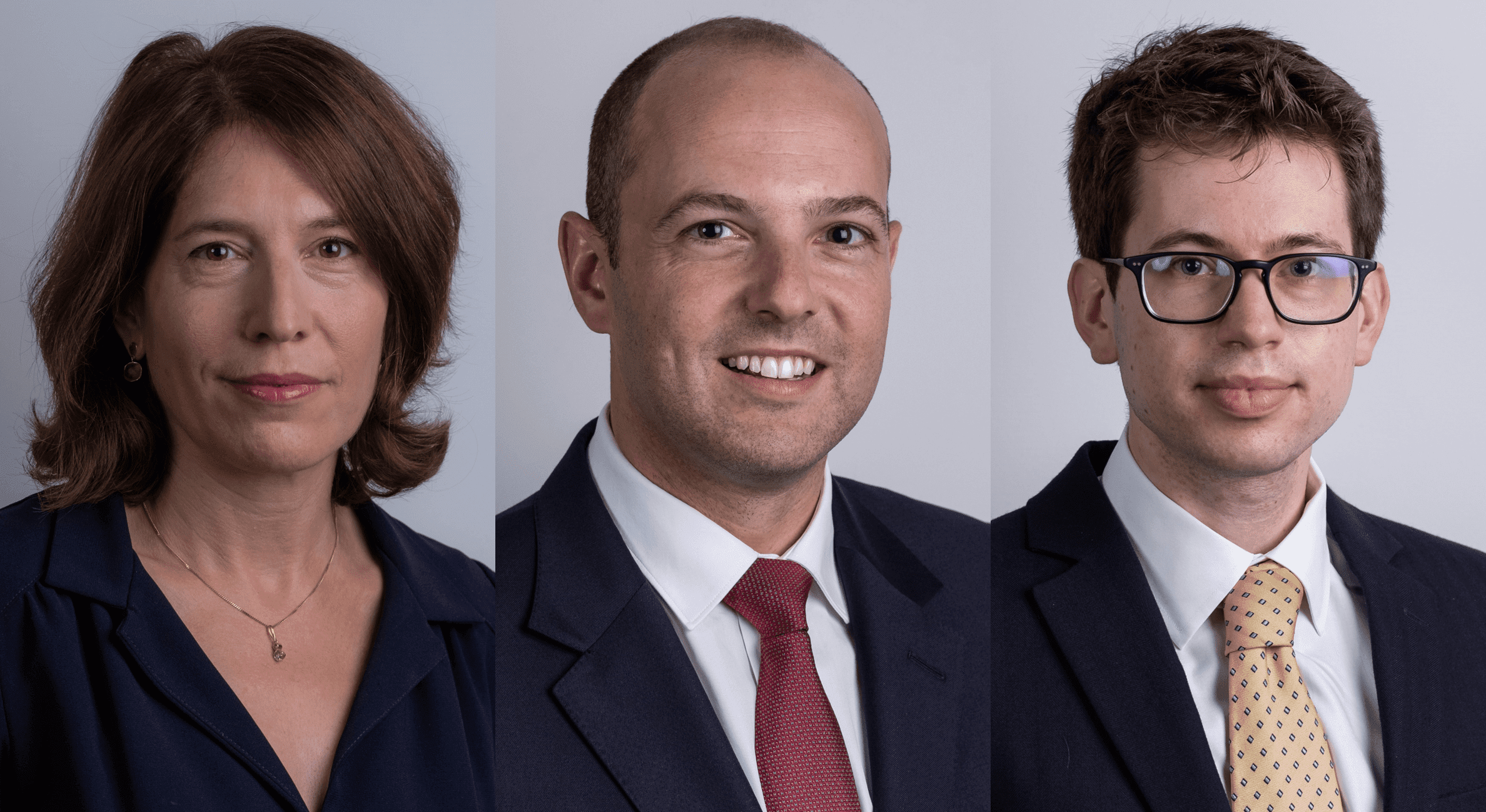
Tamara Oppenheimer QC, Adam Sher and Marcus Field, instructed by a team at Cahill Gordon & Reindel LLP, appeared for four Credit Suisse entities in a successful application for disclosure which turned on an interesting aspect of the law of privilege concerning whether litigation privilege protects the identity of the person giving instructions to solicitors in litigation. The judgment is available here.
The issue arose in the following way. The Credit Suisse entities are the Defendants to allegations of fraud relating to the sale in mid-2007 of an RMBS-linked CDO to a Jersey incorporated SPV, which formed part of a so-called “commercial paper conduit” set up by a German bank (IKB), which was later rescued by another German bank (KfW). The Defendants contended that the claims (commenced in 2018) were time-barred, in response to which the Claimant sought to rely on section 32 of the Limitation Act 1980, which led in turn to the Defendants asserting that the Claimant was aware or could with reasonable diligence have discovered the matters upon which its claim is based prior to 2012. That in turn raised an issue as to whose knowledge was relevant for the purposes of section 32; the Claimant contended only the knowledge of the Claimant SPV (which had no employees), whilst the Defendants contended that the knowledge of both IKB and KfW – which it claimed had been actively involved in the decision to litigate and in the running of the litigation itself – was also relevant. In that context, the Defendants sought, and obtained, an order under Part 18 that the Claimant identify those giving instructions to RPC (solicitors for the Claimant). In response, the Claimant asserted that the information was “by its nature” protected by litigation privilege.
Mr Justice Knowles disagreed, declaring that the information sought by the Credit Suisse Defendants was not privileged. Having considered a number of prior cases, he summarised the position under English law as follows: the identity of a person communicating with a lawyer would only be privileged where the communication was privileged and where that privilege would be undermined by revealing the identity of the person in question. On the facts, he found the Claimant had clearly failed to meet that test.
As part of his analysis, Mr Justice Knowles also considered the vexed question of whether litigation privilege was limited to communications between either lawyer or client on the one hand, and third parties on the other, or whether it also applied to lawyer-client communications (and could therefore co-exist with legal advice privilege). Whilst acknowledging the conflicting views in the authorities and commentaries, Mr Justice Knowles preferred the view that litigation privilege could apply to lawyer-client communications, although he added that the point would often be academic.
Mr Justice Knowles granted the Claimant permission to appeal.





